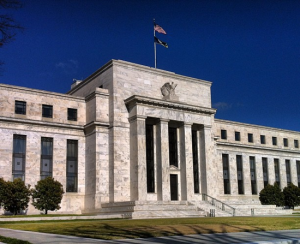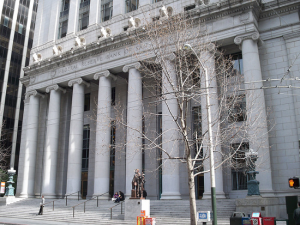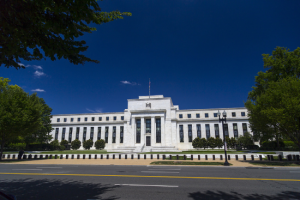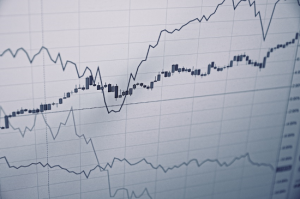
Clynton López
Clynton López is a professor at the Francisco Marroquín University since 2002 in the areas of economics and philosophy. He has a degree in Economics with a specialization in Finance from the Francisco Marroquín University and a master in Economics from the same university, both Magna Cum Laude. He studied executive programs at Boston University on Managerial Economics & Corporate Finance, the Master of Philosophy at the Rafael Landívar University (specialization in phenomenology), and the Post Graduate Degree in INCAE for Senior Management. In the professional field he has more than 10 years of management experience in banking and financial companies in Guatemala, California and Puerto Rico, and is a member of the Mont Pelerin Society.
During the last seven years credit volumes did not grow as as in previous liquidity periods, despite having the federal reserve interest rates close to 0%. This means the US economy is not expanding.
Click here to continue readingToday, the central bank debate focuses on whether they should continue to use the inflation target as the main objective for monetary policies or if it should change to a nominal GDP target.
Click here to continue readingThe annualized quarterly GDP is growing, but it has been growing at a lower rate since the third quarter of 2015. Commercial and industrial credit is growing at a rate of an economy that is not expanding.
Click here to continue readingWe see that gold has appreciated at a composite rate of 3.33% for the time period in question. Fiat money saw a composite depreciation of 3.14%, which means that gold experienced a composite net return of 0.19% after inflation.
Click here to continue readingTypically, it is believed that a nation’s central bank is the resolute decider of the economy of its nation. In today’s day and age, in the political-economic establishment of international bureaucracies, it is easy to envision the end of the world for some nations without the central bank. The Federal Reserve is the central bank of the United States. It serves as a decentralized entity broken up into 12 districts across the country and a Board of Governors in Washington D.C. Founded in 1913, its decisions throughout history have always proven to be controversial.
Click here to continue readingPerhaps the most important theoretical topic concerning the economy as a discipline is attempting to explain the idea of economic cycles. In practical terms, an economic cycle is understood as being a periodic fluctuation in national income, employment and prices. Successful, and sometimes not so successful, attempts at an explanation have been made in both the media and academic worlds.
Click here to continue readingAfter 2008, commodity-producing countries experienced an economic boom that resulted in an ever-growing and sustained rise in prices. These price increases were unprecedented when analyzing the history of such commodities. In graph 1, it can be noted that both oil and rubber saw prices that hadn’t been seen in 30 years. Sugar also saw an increase in price but at a much more moderate rate. Is it reasonable to assume that during a time when global economies began an intense economic cycle, the prices of these commodities saw an increase of such proportions?
Click here to continue readingFor some time now Guatemalans have vehemently discussed the idea of differential minimum wages as a measure to attract capital to regions where unemployment rates are higher. The debate seems to have lost its theoretical focus and turned into a political issue. In basic economic theory, differential minimum wages themselves are not addressed.
Click here to continue readingOn December 29, 2015 Alejandro Maldonado’s government announced a minimum wage increase of 4% for agricultural and non-agricultural activities and 3.5% for export and “maquila” activities. Even though the public sectors workers and unions are celebrating this wage increase—they believe any increase is not enough—the minimum wage increase could be damaging for the general economy, particularly for private sectors.
Click here to continue readingNegative Interest Rates and Exchange Rates: The United States and Europe, What Does the Future Hold?
The Federal Reserve, pursuing growth and unemployment objectives, will likely end the current federal funds policy close to zero at its next meeting. If the Federal Reserve increases the federal funds rate, following unemployment data and changes in last-minute credit, it would exacerbate the difference with the eurozone’s negative interest rates, and possibly, depreciate the euro against the dollar.
Click here to continue readingGet our free exclusive report on our unique methodology to predict recessions












